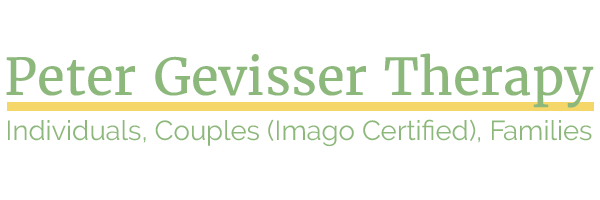I’m fascinated with social justice and the human response to wrongdoing that tends towards retribution. What does it mean to live as a society, or as an individual, in a constant state of reactivity? How can one get beyond this, and start to live with a true sense of freedom that is more akin to transcendental justice. I grew up in South Africa, during apartheid, in a privileged, Jewish, liberal household. I watched closely as the system was dismantled, and monitored the somewhat miraculous outcomes of The Truth and Reconciliation Commission. This geared itself towards an orientation of forgiveness. This brings to mind the Amish Communities around Nickel Mines, Pennsylvania, who, in 2007 forgave Charles Roberts, the murderer of five of their young girls. “Forgiveness” doesn’t equate to quickly getting over the tragedy, but rather a modus operandi of moving through it. It is against Amish belief to be ruled by feelings of vengeance and anger. Far from bearing a grudge, the Amish community donated money to the Robert’s widow and three young children. It is because such “victims” do not bear grudges, that they are able to concentrate on the real work of healing. Hannah Arendt refers to this cycle as “Mutual Release”. One cannot mandate that another forgives, but it is perhaps possible to point oneself in the direction of forgiveness. As to whether it occurs, is a grace. But in orienting oneself towards this worldview, one starts to live non reactively in accepting what went before. We are so often told, when grieving, to “move on”, or to get to a state where we somehow forget the past -. Or we are unable to move beyond feelings of anger and desolation based on past hardships. In the western world we tend to live in spite of these hardships, and not because of them. Spite, is by nature a reactive – radioactive. It is essential that we find a new normal that incorporates what has gone before, so that we incorporate our memories, both positive and negative, and in so doing explore ways that we may fortified, strengthened and enriched. In this sense we open ourselves up to living proactively, rather than reactively. Irving Yalom, in Staring at The Sun, talks about the activity of “Rippling”. The concept of this is keeping our lost loved ones spirits alive, creatively. This chimes in with what the founders of Narrative Therapy, Michael White & David Epston talk about in encouraging a letter writing campaign. Risking a creative solution. The questions that are asked of Mary in Michael White’s article, “Saying Hullo Again”, inspire her to become creative in her thinking about her recently deceased husband. Suddenly, Ron’s spirit comes to life as she gets in touch with what she appreciated in him, and he in her. In so doing, she is able to start to move beyond the petrified, traumatic state that she had been in. Working with a group of elderly women at an eldercare facility in Culver City inspired me to think about constructive ways in which I might approach bereavement. A question like: “Who would you like to honor today?”, is entirely different from, “Tell us about your loss?”. This encourages a very different mood response. I asked some of the women to tell me about their favorite recipes, or what their lost loved one’s favorite meal was. Throughout the course of a few weeks we talked about food and loss and re-finding. This culminated in a potluck where friends and relatives were invited to celebrate and talk about their lost loves. This is, I think, antithetical to what Dr. Epston terms “The Psychology of Suspicion”, and more akin to a Psychology of acceptance. I’m think deeply about what kinds of questions I can ask that invoke construction and restoration. So often, we’re told, under supervision, or elsewhere, that as therapists we shouldn’t apologize – that it’s a sign of weakness. In witnessing Michael Epston in session, it was both refreshing and relieving to see “apology” as a necessary way forward not only to learn how to ask a better question, but also to just be an authentic, fallible, human being. Narrative Therapy crystalizes something for me – and that is how I may be able to bring my interest in broad, social, transcendental justice into the room with me and a client.
Make an Appointment: (347) 387-4024 | petergevissertherapy@gmail.com
Contact Me
110 East 30th Street, Suite 503
New York, NY 10016
5 Cliff Street
Beacon, NY 12508

Leave a Reply